Shaky Legs? What You Need to know about Restless Legs Syndrome

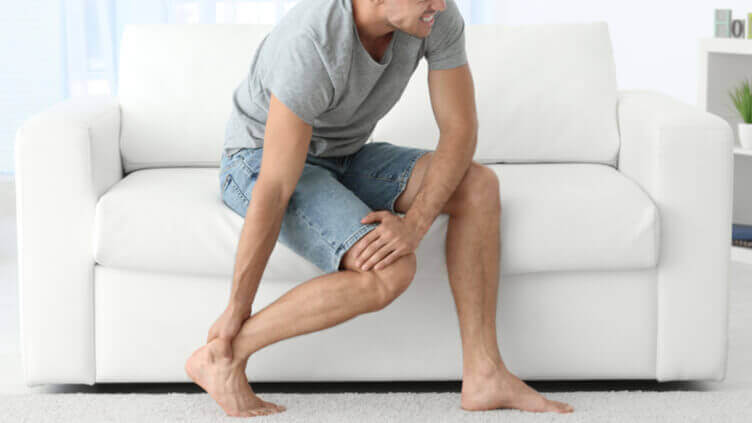
Do you constantly have an uncontrollable need to move your legs? This uncontrollable urge could be a sign of Restless Legs Syndrome (RLS) (or Willis-Ekbom Disease). Read on to know more.
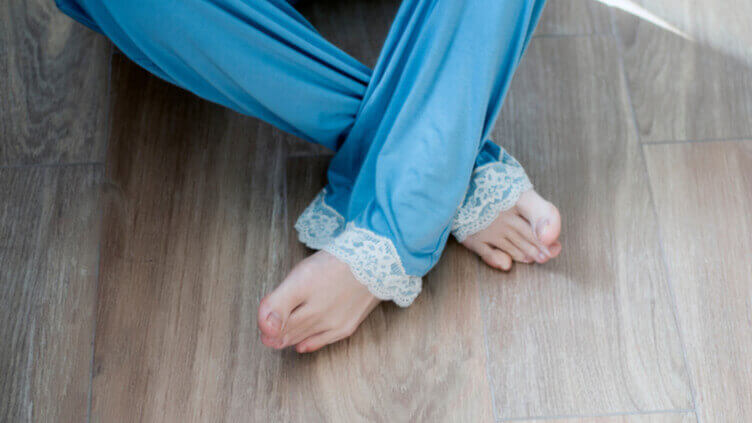
RLS affects 1 in 10 people though it is still under-reported in India. It is classified as a sleep disorder since people with RLS can suffer from side effects like insomnia.
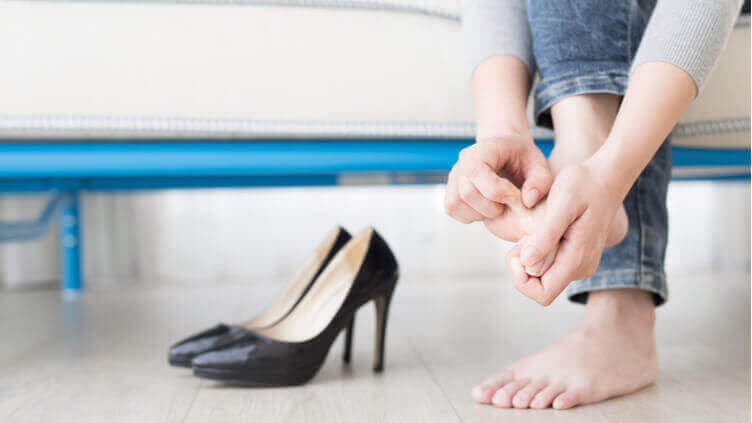
Most RLS patients have described it as either one of the following sensations - aching throbbing, pulling, itching, crawling, tingling, burning or like electric shocks.
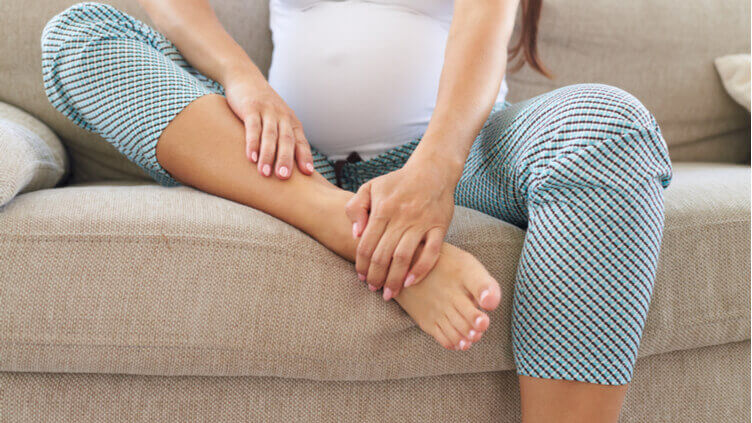
It can begin at any age, to anyone and generally worsens over time. Pregnant women sometimes get it for the course of their pregnancy.
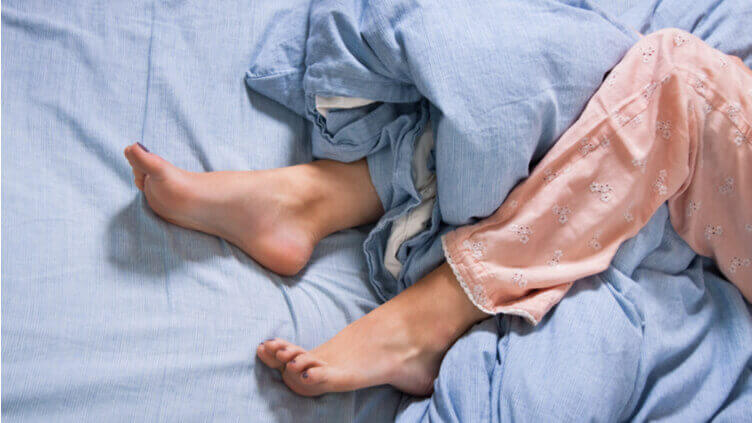
RLS gets heightened during evening and night time, or closer to times of inactivity. You can also find the symptoms when in a confined space like during a flight.
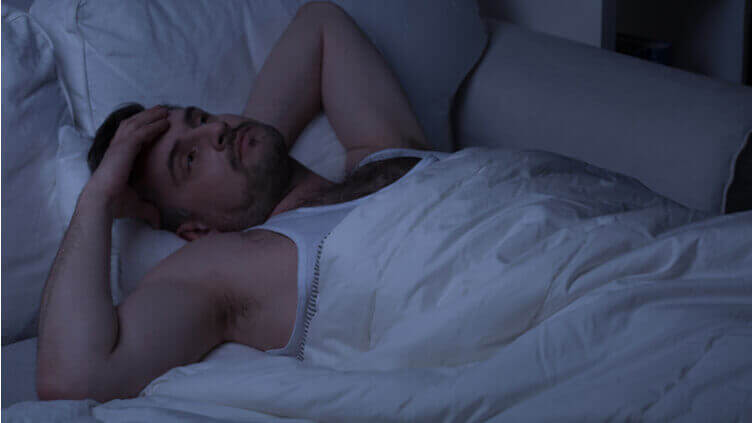
From being a genetic condition to a reaction to some medication/diseases, RLS can happen because of physical, genetic or mental health reasons. The causes are not fully known but certain interventions help manage it better.
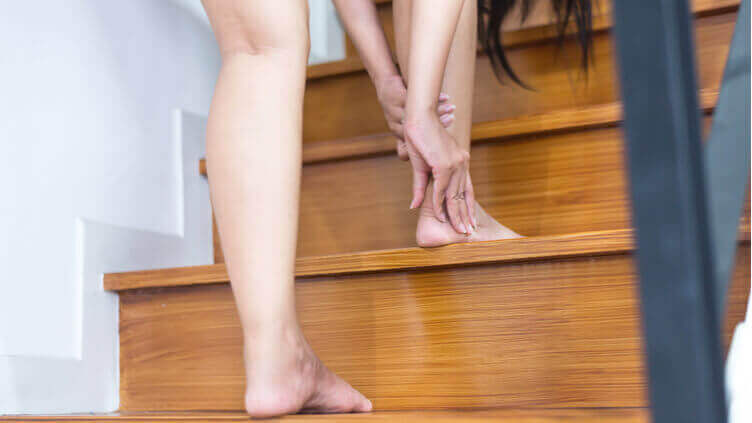
There are two types of RLS – Primary and Secondary. The most common version is Primary, which sets in before the age of 40 years (even childhood). This type of RLS tends to be lifelong. Secondary RLS is triggered by a disease, medication or a physical condition (like pregnancy) and can sometimes be cured by treatment.
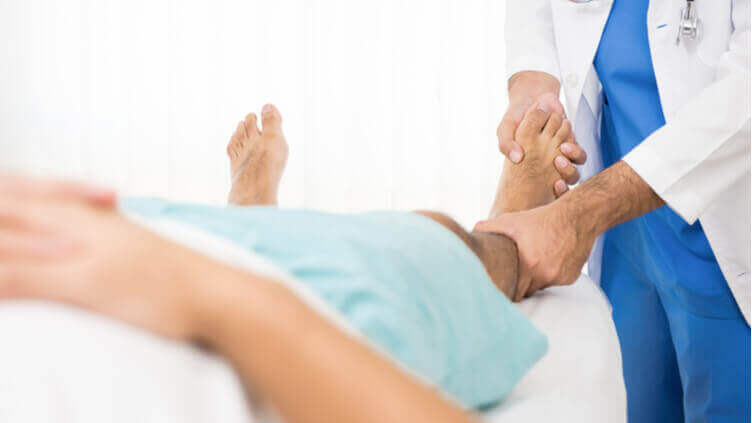
We recommend a three-pronged approach consisting of Lifestyle Changes, Deficiency fixing and Medications. In lifestyle changes, giving up tobacco and drastically reducing caffeine and alcohol is at the top of the list. Your doctor will you which medicines to take - either to fix a deficiency or manage your symptoms. He might also recommend some physiotherapy.

Stay active but stay relaxed. You need to keep exercising and at the same time, calm yourself. Meditation, Yoga, massages and a bath before you sleep can also go a long way in providing long term relief.






